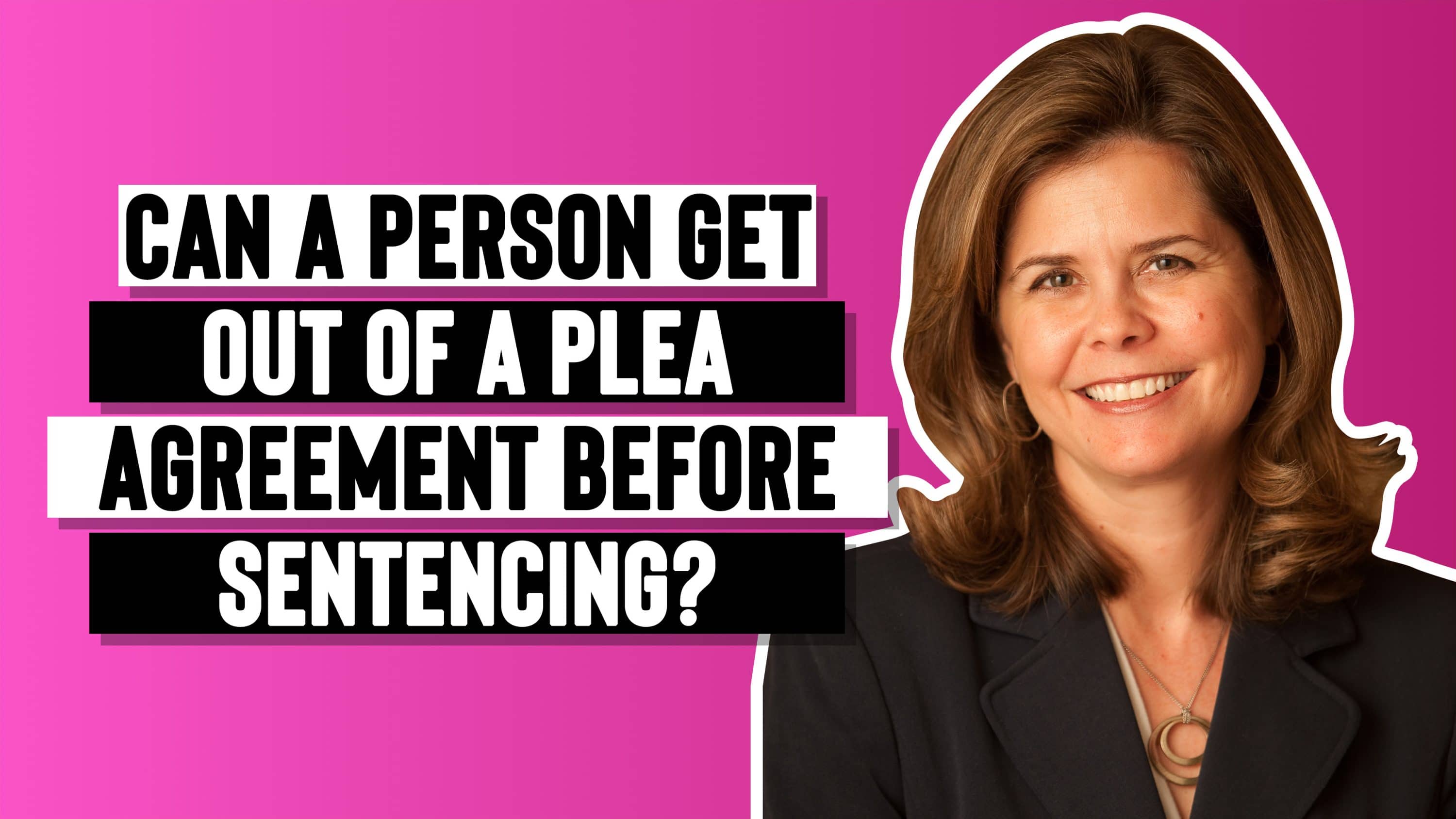
Can a Person Get Out of a Plea Agreement Before They are Sentenced?
When a person gets charged for a crime, they may have the opportunity to enter into a plea agreement with the prosecution. A plea agreement or plea bargain is a concession provided by the prosecutor in exchange for the accused pleading guilty to the crime charged. Depending on the discretion of the prosecutor and the unique circumstances, the concession can be a reduced sentence or punishment.
With the advice of their lawyer, the accused makes the decision of whether or not to enter into plea agreements. While agreeing to a plea bargain is not final and permanent, there are only unique circumstances that allow a withdrawal.
When a Person Can Withdraw From a Plea Agreement
When an accused decides to accept the plea bargain, they need to formally agree to the agreement on the record. This is done in an Arizona court. If the court defers its acceptance of the agreement, either party (both the prosecution and the accused) can withdraw from the agreement without cause.
How to Get Out of a Plea Agreement After Court Acceptance
If the court, however, has accepted the plea agreement in the plea proceeding, withdrawing from the agreement requires a more difficult remedy. The accused who wants to get out of the plea agreement needs to file a motion with the court and prove manifest injustice.
Manifest Injustice
A showing of manifest injustice is a prerequisite to getting approved for a motion to get out of a plea agreement. The accused must prove that they entered the plea without adequate information or evidence beforehand. Manifest injustice can look like the following:
- The accused was given the wrong advice
- The decision to enter into a plea agreement was based on inaccurate information
- There is new evidence that the accused was not aware of before making the decision to enter into the plea agreement
Can the State Get Out of a Plea Agreement?
If it is the State or prosecution that wants to get out of the plea agreement, they are also bound by strict rules and procedures. At the very least, they must provide and establish a good reason for withdrawing.
Commonly, the State opts to get out of the plea agreement if the defendant has breached the plea, such as by providing information that was proven false during further investigation, and if the defendant committed a crime after the plea proceeding and before sentencing. In these instances, the court will allow the State to withdraw from the plea agreement.
Latest Posts
What Should I Do If I’m Incarcerated and Owe Child Support?
A parent with a child support order must pay the amount decreed. If they cannot, for example, if they are in jail, the obligation to pay child support does...
Can I Get My Civil Rights Restored in Arizona If I am a First-Time Felony Offender?
Arizona laws are stricter than most states when it comes to the civil rights of a felony offender. When someone is convicted of a felony, they lose their...

